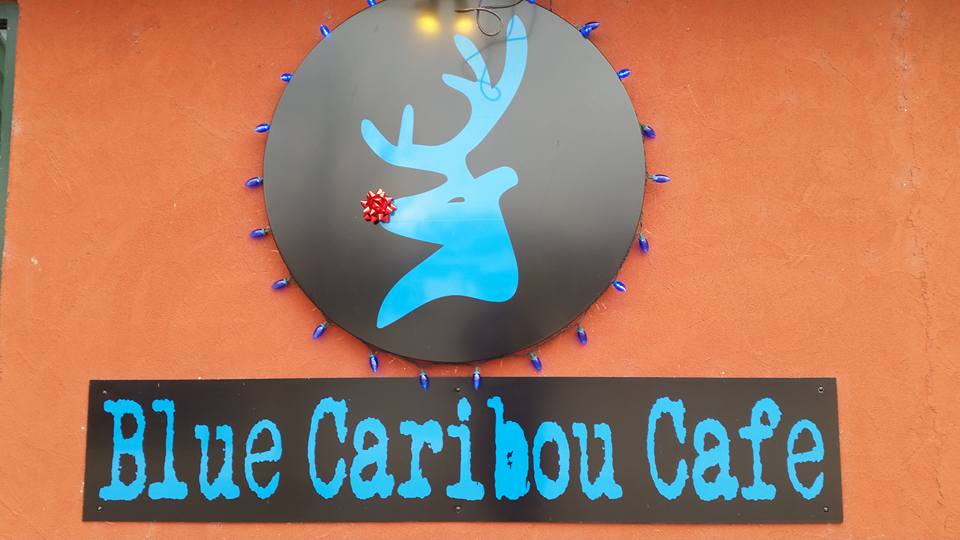By Dan Nielsen
The Record-Eagle, Traverse City, Mich.
WWR Article Summary (tl;dr) The explosion of the internet has spawned a slew of brand-related legal actions of varied merit. The law enters a gray area when two company or product names share only a passing similarity. Just how close do they have to be before consumers mistake one product or company for another? This article takes an interesting look.
The Record-Eagle, Traverse City, Mich.
‘Cease and desist” is not a phrase any entrepreneur wants to find in the mail. It means someone, somewhere, is spending money in an effort to stop the entrepreneur from doing something — something that most likely plays an important role in the operation of their business.
Brand identity clashes have become more common as the internet has transformed our world from a collection of relatively isolated communities into one global village.
Brand is important in the business world. Brand builds loyalty. Brand attracts repeat customers. Brand sells product.
The regulation of brand is in flux on two fronts. The legal system has become so expensive to navigate that small mom-and-pop startups have little chance of surviving a court battle over identity. A cease-and-desist action may be all it takes for a larger company to win a case — regardless of merit. And companies seem to be testing the limits of how far they can expand their identity beyond their actual trademark.
An individual or company that creates and builds a brand should have the right to maintain that brand as distinct from competing brands. Blatant copycats will not be tolerated. But the transition to a global village mindset has spawned a slew of brand-related legal actions of varied merit. Many cases have a solid basis. A few cases have raised eyebrows.
The law enters a gray area when two company or product names share only a passing similarity. Just how close do they have to be before consumers mistake one product or company for another? Case law evolves as time passes. America appears to be in a period when trademark holders are attempting to stretch the law to prevent the use of names that either are in widespread use or that bear only a slight resemblance to one another.
Examples of recent legal actions:
* R&B singer Trey Songz got into a 2012 legal battle with television show Storage Wars personality Dave Hester over a slang term for “yes.” Songz frequently says “Yup” and has marketed clothing printed with the word. Hester, who was in the habit of using the word to declare an auction bid, tried three times to trademark the term “Yuuup!” Songz sent a cease-and-desist letter. Hester sued. The two argued about pronunciation. They settled. Terms were not disclosed.
* A New York artist in 2014 was granted a U.S. trademark to the 3,000-year-old Greek letter Pi followed by a period. He then issued a cease-and-desist letter to sales company Zazzle.com, demanding that it remove thousands of Pi-themed T-shirts sold through the website. Zazzle complied, but two days later restored the products to its online catalog.
* Lagunitas Brewing Company filed, and quickly dropped, a 2015 lawsuit against Sierra Nevada because Sierra Nevada used the letters “IPA” on the label of an India pale ale. The suit mentioned the lack of periods after each of the three letters among reasons one label might infringe upon the trademark of the other.
The trademark office must tread carefully when granting protections, particularly when parts of the trademarked phrase or symbol already are in widespread use. The legal system must use care when weighing issues of similarity and possible confusion. Protections that are too broad could eventually put the entire English language off limits.
Northwest Lower Michigan is not immune from identity litigation.
The two-year-old Blue Caribou Café in Benzie County is changing its name because global giant Caribou Coffee Company doesn’t want the Beulah eatery to use the word “Caribou.”
The Minneapolis-based coffee company received some social media backlash last week. The company responded to the story in the May 22 Record-Eagle with this emailed response on May 25:
“Caribou Coffee started as a small business in 1992. We understand and respect the hard work that goes into realizing a business dream. We engaged in this litigation to protect our coffeehouse name and existing trademarks.
“We recognize the burden this transition is having on the Blue Caribou Café, and given this unique situation, have contributed to their GoFundMe fundraising page to help with their rebranding efforts.”
The Blue Caribou Café’s GoFundMe effort has exceeded the owners’ goal of raising $10,000. One anonymous donation on May 25 was for $5,000, the amount the cafe owners said they spent to settle the lawsuit by agreeing to change the restaurant’s name. Most of the 200-plus GoFundMe donations were between $5 and $100.














































































































































































































































































































































































